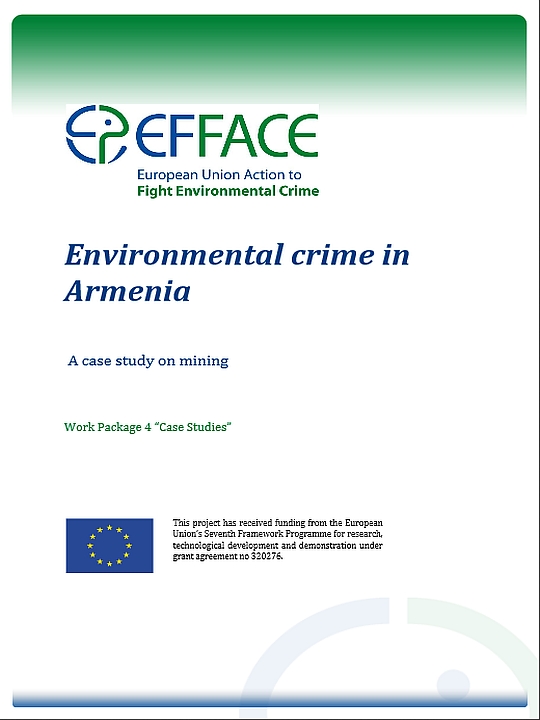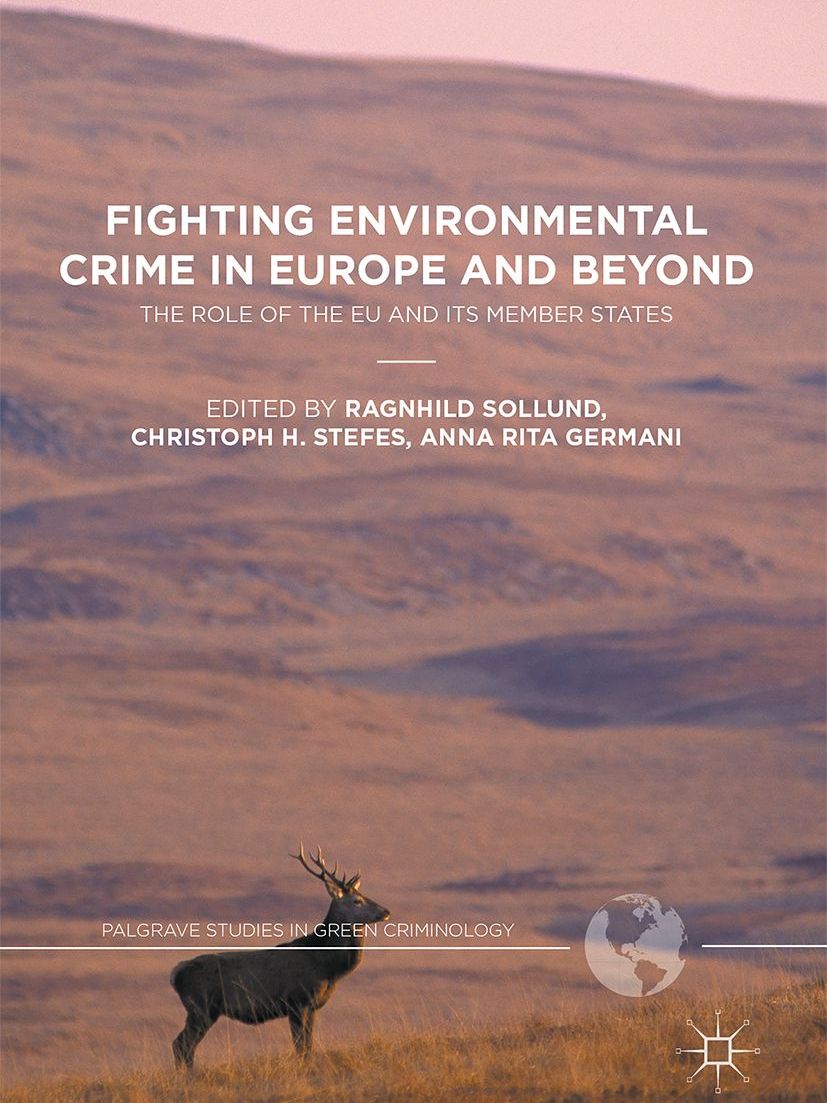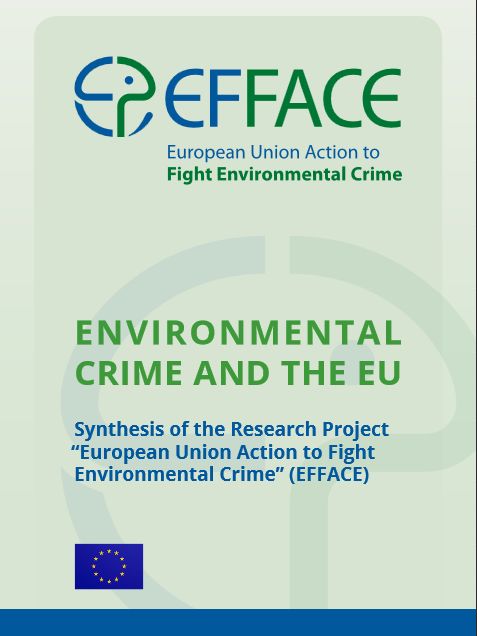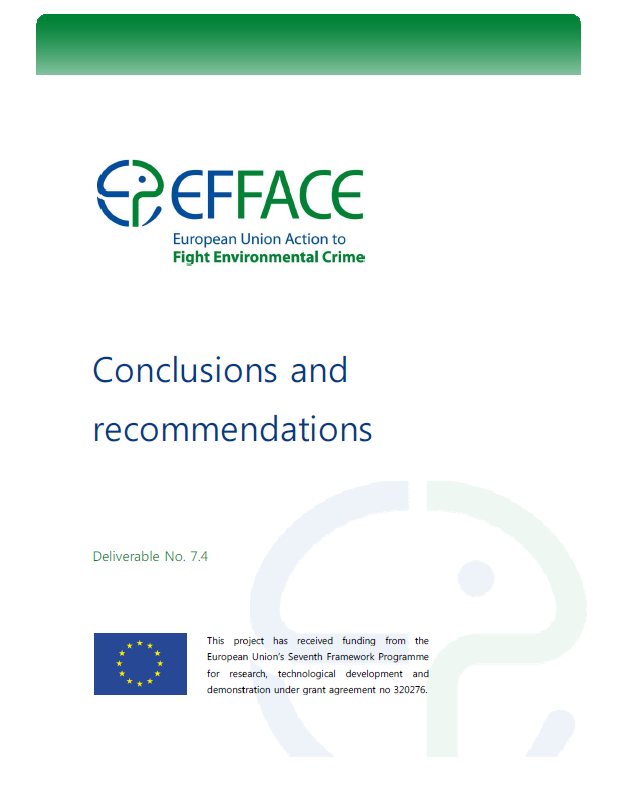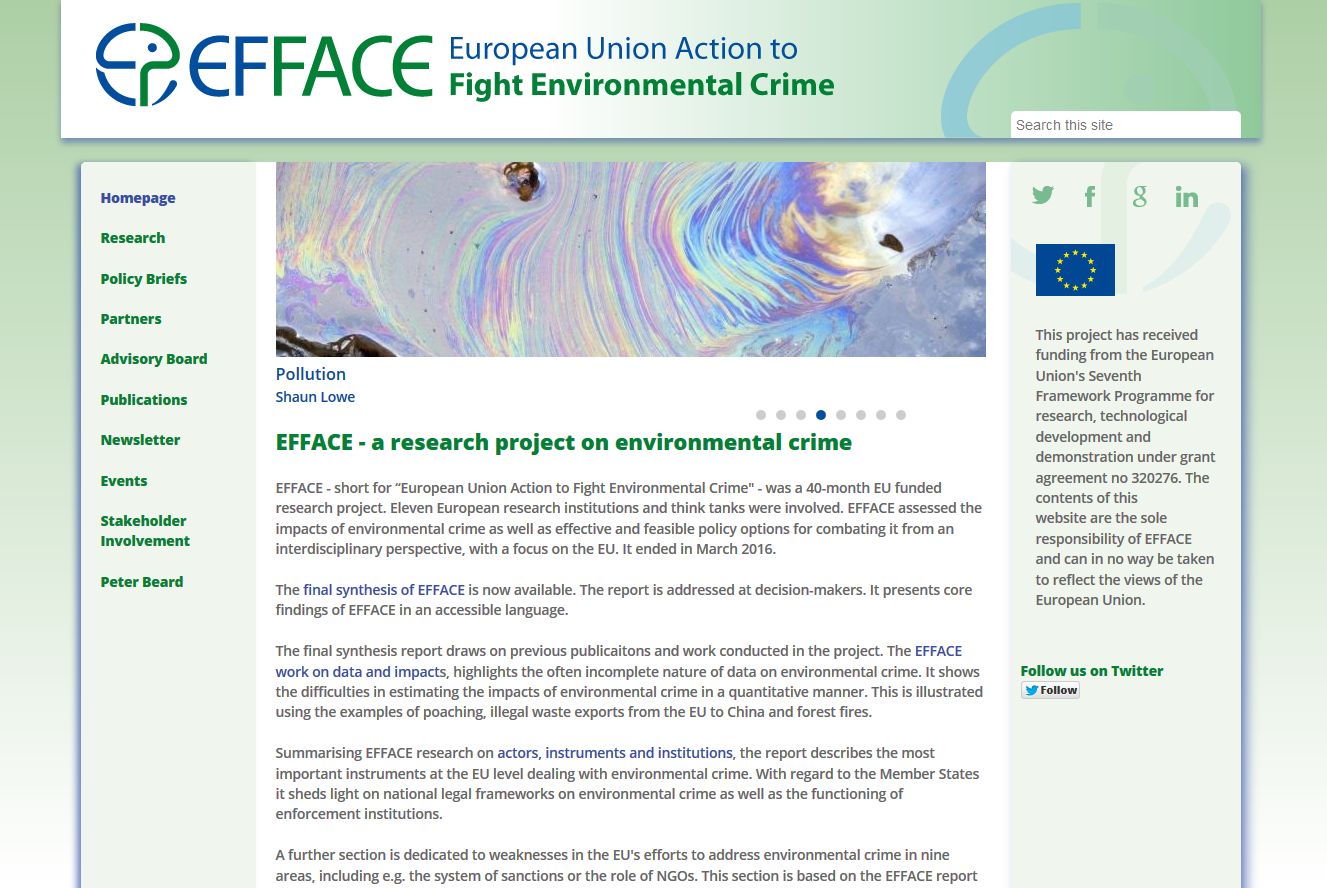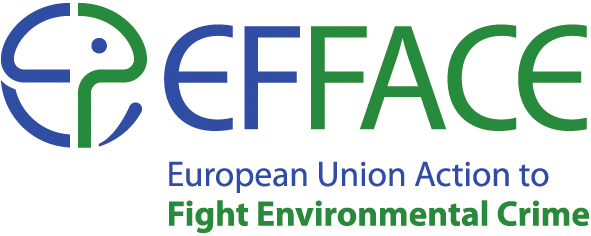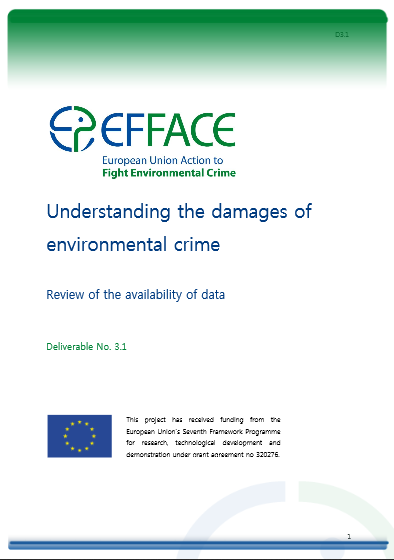Environmental Crime in Armenia: A Case Study on Mining
- Publication
- Citation
Stefes, Christoph H. and Katherine Weingartner 2015: Environmental Crime in Armenia. A Case Study on Mining. Ecologic Institute, Berlin, available at www.efface.eu.
Despite the European Union's efforts to promote good governance in Armenia, economic resources and political power have become interwoven in often illicit ways. Corruption is widespread at all levels of the state apparatus. Against this background, this case study, co-authored by Christoph Stefes and Katherine Weingartner of Ecologic Institute, looks at the causes of environmental crime in Armenia-taking the mining sector as an example-and describes measures that the European Union could take to contribute to preventing future environmental crime in the country. The case study is available for download.
Although the Republic of Armenia (RA) is signatory to several international environmental treaties and conventions, this study finds that environmental laws are weak, contradictory, and rarely enforced. There exists a double gap in the RA mining sector which fuels environmental crime in this area. There is a gap between national law and international commitments and a gap between national law and its enforcement and adjudication. The cause identified in the case study is an often illicit collusion of political power and economic interests that prevents the passing of more stringent environmental regulations and the allocation of sufficient administrative resources to those government agencies which are formally tasked with the protection of the environment. The authors of the case study argue that the often illegal activities that prevent the passing of stringent environmental legislation should already be considered environmental crime. In order to mitigate environmental crime in RA, the EU needs to address these dimensions.
This case study proposes several ways in which the EU can help deter environmental crime in RA. The EU can use its civilian and normative power to convince the RA to enforce national and international law as a term of doing business, simultaneously empowering local movements and NGOs, the most important environmental actors in the country. Support in the development of legislation that is compliant with international agreements as well as continued technical and financial support can also contribute to mitigating environmental crime in RA. Other suggestions include having the EU provide incentives to EU owned companies working in RA’s mining sector to operate in environmentally responsible and transparent ways.
